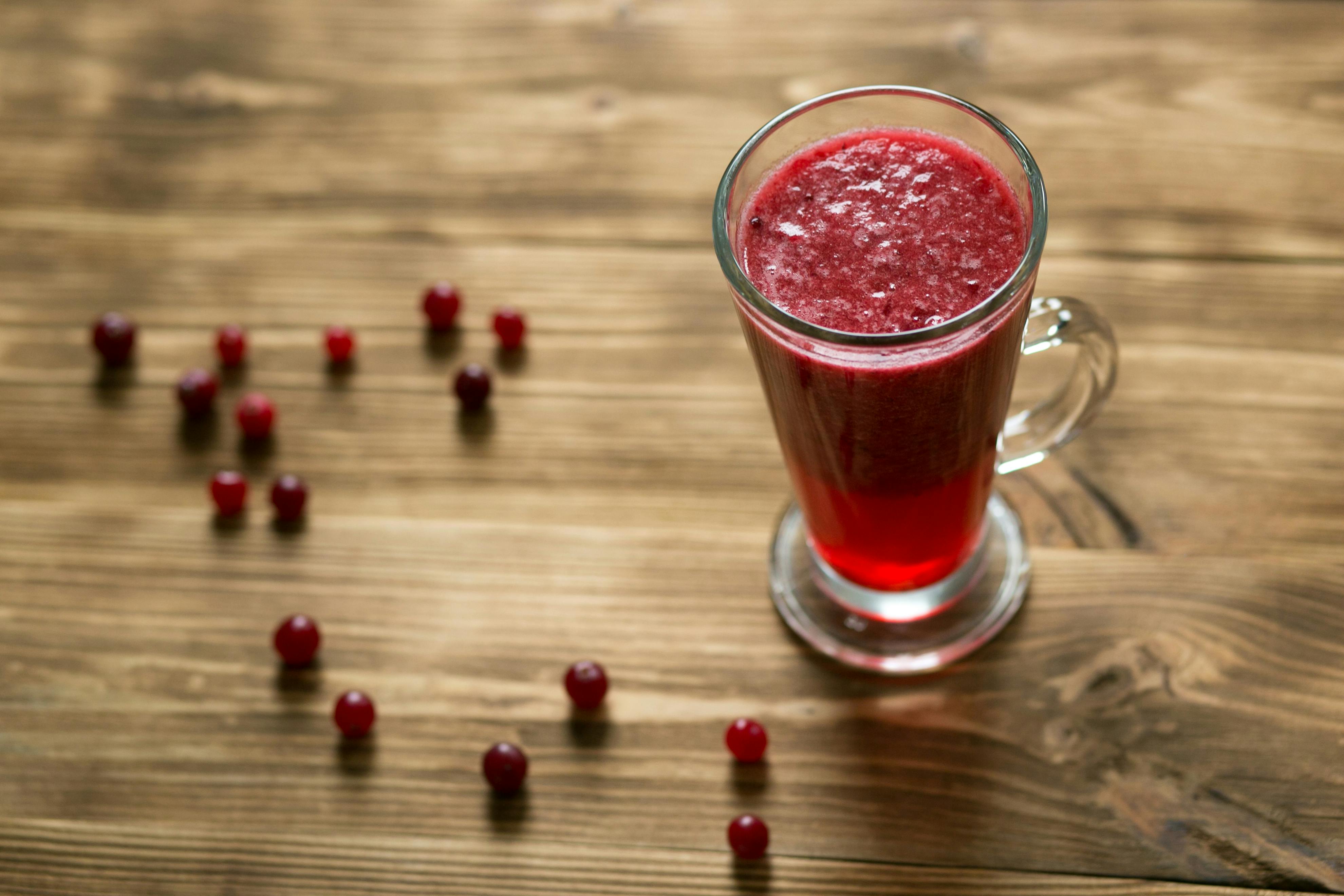Smart Ways to Optimize Electrolytes for Carnivore Diet Success in 2025

Smart Ways to Optimize Electrolytes for Carnivore Diet Success in 2025
The carnivore diet, consisting primarily of animal products, is gaining traction as more individuals seek out nutrient-dense dietary options. In 2025, optimizing electrolytes has emerged as a pivotal component to enhance the effectiveness of this diet. Adequate electrolyte balance—specifically sodium, potassium, magnesium, and calcium—ensures that the numerous health benefits of a carnivore diet are fully realized, including optimal hydration, improved muscle function, and overall wellness.
Understanding the role of electrolytes in maintaining health—especially in the context of a low-carb or ketogenic diet—is crucial. This article will delve into practical strategies for maintaining electrolyte balance while following a carnivore meal plan. From utilizing natural sources like beef and organ meats to the advantages of dietary supplements, we will provide you with actionable recommendations aimed at boosting energy levels and ensuring nutrient absorption. Additionally, we will highlight the importance of hydration strategies and how proper meal timing can prevent electrolyte deficiencies and enhance fitness performance.
By the end of this piece, you'll have a clear roadmap to successfully navigate the demands of electrolyte management while enjoying the carnivore lifestyle. Whether you are just beginning or have been adhering to this dietary pattern for some time, these tips will support your journey toward optimal health.
Essential Guide to Sodium Intake for Carnivore Diets
Sodium is often the first mineral people think of when discussing electrolytes. On a carnivore diet, where processed foods are eliminated and natural sources of sodium provide the bulk of daily intake, understanding how to manage sodium levels is crucial. Consuming adequate sodium not only supports nerve and muscle function but also aids in hydration by retaining fluids in the body.
Understanding Sodium’s Role
Sodium is essential for maintaining blood pressure and fluid balance within the body. For individuals on a carnivore diet, emphasizing sodium-rich foods like salt-cured meats can help in achieving adequate intake levels. An electrolyte imbalance can lead to headaches, muscle cramps, and fatigue, highlighting the importance of incorporating sodium into daily meals.
Food Sources Rich in Sodium
Natural sources of sodium can include various animal products and preparations. Bone broth is particularly beneficial, offering not only sodium but also other vital minerals that contribute to overall fluid balance. Including salt in cooking or as a seasoning for meats enhances the taste and ensures adequate sodium intake.
Monitoring Sodium Intake
It is crucial for carnivore diet adherents to monitor sodium intake to avoid both deficiency and excessive consumption. The goal is to find balance—aiming for a level that supports your energy needs and hydration while avoiding the pitfalls of high sodium consumption, which can be detrimental to heart health.
Health Tips for Sodium Management
To optimize sodium intake effectively, consider keeping a food diary that tracks your meals and sodium levels. This practice will help you identify patterns and make necessary adjustments. Additionally, staying attuned to how your body responds to different sodium levels can guide your intake to align with your wellness goals.
Dietary Recommendations for Sodium Levels
General recommendations suggest that the daily sodium intake should range between 3,000 to 5,000 mg for individuals on a carnivore diet. However, adjustments may be needed based on personal exercise levels and individual health conditions. For those active in sports or high-intensity exercises, slightly increasing sodium intake may optimize performance and recovery.
Maximizing Potassium Intake for Optimal Health
Potassium is another critical electrolyte that plays a vital role in muscle function, nerve signaling, and fluid balance. As you embark on or maintain a carnivore diet, ensuring sufficient potassium intake is essential to prevent muscle cramps and support heart health.
Top Natural Sources of Potassium
On a carnivore diet, potassium-rich foods include organ meats—particularly liver—and certain cuts of red meat. Leveraging these foods can help maintain optimal potassium levels and contribute to overall nutrient balance.
Potassium’s Impact on Blood Pressure
Potassium works in tandem with sodium to regulate blood pressure. An appropriate potassium-to-sodium ratio can help monitor and manage blood pressure levels effectively. Awareness of this can empower individuals to make informed dietary choices that support long-term vascular health.
Strategies for Improving Potassium Absorption
To maximize potassium absorption, consider the timing of your meals. Eating potassium-rich foods during and after intense physical activity can enhance muscle performance and recovery due to improved nutrient distribution. Additionally, ensuring adequate hydration when consuming potassium can further aid absorption.
Avoiding Potassium Deficiency
Potassium deficiency can lead to symptoms such as fatigue, muscle weakness, and irregular heart rhythms. Regularly incorporating potassium-rich foods into your carnivore meal plan while keeping track of your overall electrolyte levels can prevent these health issues. Always consult with a healthcare professional if you're experiencing signs of deficiency.
Hydration Strategies with Potassium
Combining hydration practices with potassium-rich foods can supercharge your nutrient balance. Drinking bone broth can not only provide sodium but also ample potassium, creating a powerful combination for keeping you hydrated and healthy.
Understanding Magnesium and Its Benefits
Magnesium is crucial for multiple biochemical reactions within the body, including muscle function and energy production. On a carnivore diet, optimizing magnesium intake can greatly support performance, recovery, and overall health.
Sources of Magnesium from Animal Products
The primary sources of magnesium in a carnivore diet are organ meats and certain seafood. Incorporating these into your meals increases magnesium availability, benefiting muscle function and reducing cramps associated with deficiency.
Magnesium’s Role in Energy Regulation
Magnesium plays a pivotal role in converting food into energy. Ensuring adequate magnesium intake can enhance workout performance and improve energy levels throughout the day. Different meal timings can either help or hinder magnesium absorption; understanding these dynamics can enhance your dietary strategy.
Signs of Magnesium Deficiency
Recognizing the signs of magnesium deficiency, including muscle cramps, fatigue, and irritability, can prompt timely dietary adjustments. Because of the restrictive nature of a carnivore diet, awareness of possible deficiencies is vital for maintaining optimal health.
Magnesium Supplementation Considerations
If food sources seem insufficient for your needs or lifestyle, consider magnesium supplementation. There are various forms available—such as magnesium citrate or magnesium glycinate—that may support better absorption and address deficiencies effectively.
The Importance of Magnesium for Overall Wellness
Incorporating magnesium into your daily carnivore meals enhances not only physical performance but also mental clarity. As carnivore dieters often question nutrient adequacy, magnesium's numerous benefits highlight its role in overall wellness and health optimization.
Calcium Intake Strategies for Strong Bones
Calcium is well-known for its role in bone health, but it also plays a vital role in muscle contraction and nerve function. Adequate calcium intake is essential for anyone undertaking a restrictive diet, ensuring that skeletal and cardiovascular health is prioritized.
Animal-Based Sources of Calcium
Quality dairy from grass-fed cows and calcium-rich fish—like sardines—can significantly contribute to calcium intake. For those avoiding dairy on the carnivore diet, bone marrow and bones themselves can be excellent alternatives for improving calcium levels.
The Link Between Calcium and Bone Health
Calcium's role in maintaining bone density is crucial, especially as we age. Ensuring adequate intake through dietary choices significantly reduces the risk of osteoporosis and other bone-related maladies.
Calcium Absorption Enhancement Strategies
To improve calcium absorption, pairing calcium-rich food sources with magnesium and vitamin D (which can be derived from certain animal products or sun exposure) increases bioavailability. Additionally, spreading your calcium intake throughout the day can prevent waste.
Signs of Calcium Deficiency
Common signs of calcium deficiency include tingling sensations in the fingers, muscle cramps, and fatigue. Being aware of this can prompt dietary adjustments to avoid adverse health impacts.
Long-term Effects of Adequate Calcium Intake
By ensuring long-term calcium adequacy, you are enhancing your chances for healthier bones, better muscle function, and overall improved physical stability. This consideration is crucial for anyone involved in a physically active lifestyle or sports.
Hydration Strategies for Electrolyte Balance
Hydration is the foundation of maintaining electrolyte balance. A common misconception is that thirst is the sole indicator of hydration needs. This section dives into advanced hydration strategies tailored for carnivore dieters.
Optimizing Hydration with Bone Broth
Bone broth is a powerhouse for hydration due to its rich mineral profile. Making it a staple in meals not only enhances fluid intake but also delivers a variety of electrolytes, including sodium and potassium, essential for maintaining balance.
Identifying Hydration Needs During Physical Activity
During intense physical activity, the body tends to lose electrolytes through sweat. Understanding personal hydration needs while exercising will guide you in adjusting your electrolyte intake appropriately, preventing unwanted symptoms like muscle cramps or fatigue.
Incorporating Electrolyte Drinks
During strenuous workouts, using electrolyte drinks can effectively replenish lost minerals. Look for those low in sugars but high in sodium, potassium, and magnesium to naturally enhance hydration. This is particularly important for those actively following the carnivore diet.
Meal Timing for Hydration Optimization
Hydration strategies may also include timing your water intake with meal consumption. Drinking water before, during, and after meals can improve digestion and overall nutrient absorption, ensuring efficient electrolyte balance within the body.
Staying Mindful of Thirst Signals
Understanding your thirst mechanism is crucial for hydration management. Staying proactively hydrated rather than reactively drinking when thirsty aligns with maintaining optimal electrolyte levels for an enhanced carnivore experience.
Common Questions About Electrolyte Management on a Carnivore Diet
Why is electrolyte balance important on a carnivore diet?
Electrolyte balance is critical as it promotes essential bodily functions, supports neuromuscular activities, and influences hydration levels. Ensuring an adequate intake of sodium, potassium, magnesium, and calcium can help maintain energy levels, muscle performance, and overall health optimization.
How can I prevent electrolyte deficiency on a carnivore diet?
To prevent deficiencies, include a variety of animal products in your diet, focus on organ meats for micronutrient density, and consider electrolyte supplementation if necessary. Regular meal planning can also help maintain a balanced intake of essential minerals.
What are the signs of electrolyte imbalance?
Signs of electrolyte imbalance may include fatigue, muscle cramps, headaches, and heart palpitations. Being attuned to these symptoms can aid in making necessary adjustments to your dietary intake, enhancing your overall wellness.
How do hydration methods impact performance?
Appropriate hydration methods enhance performance by ensuring that the body remains supplied with necessary fluids and electrolytes. Staying hydrated supports optimal physical performance, muscle recovery, and energy regulation, ultimately contributing to your success on a low-carb diet.
Can dietary supplements help in managing electrolytes?
Yes, dietary supplements can be beneficial, especially for individuals who have difficulty meeting their needs through food alone. Electrolyte powders, capsules, or hydration tablets can provide an efficient means of maintaining electrolyte levels effectively.

